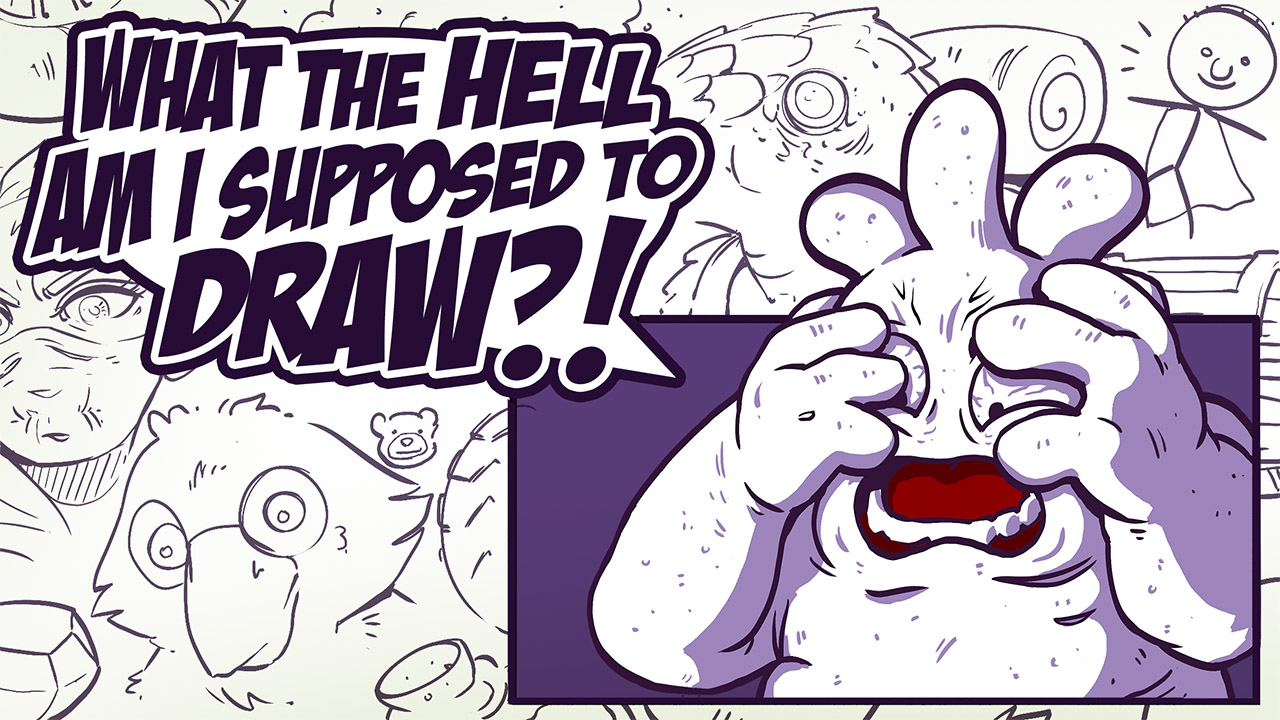9:41 AM, Tuesday November 24th 2020
here is the revised version. im still struggling a lot with drawing the ellipses accurately even after ghosting. also with the boxes its still very confusing for me when rotating it.

here is the revised version. im still struggling a lot with drawing the ellipses accurately even after ghosting. also with the boxes its still very confusing for me when rotating it.
Sorry for the late answer! I didn't see you posted your revisions.
The main thing you have to remember there is not to draw your ellipses more that 3 times. You can ghost them as long as you want, but when you start marking them on paper, only draw them 3 times max.
You actually tried the rotated boxes! That's good. I can see that you had the idea in mind when doing it. Your understanding of this exercise is going to improve immensely after finishing the 250 box challenge, don't worry.
I'm marking this lesson as complete, you can move on to the 250 box challenge.
Have a nice day!
Next Steps:
Re-use the exercises you've done in lesson 1 to warm up before each of your drawing session. I think you should warm up with the ellipses in planes exercise.
--> Don't forget to only draw your ellipses two or three times!

Right from when students hit the 50% rule early on in Lesson 0, they ask the same question - "What am I supposed to draw?"
It's not magic. We're made to think that when someone just whips off interesting things to draw, that they're gifted in a way that we are not. The problem isn't that we don't have ideas - it's that the ideas we have are so vague, they feel like nothing at all. In this course, we're going to look at how we can explore, pursue, and develop those fuzzy notions into something more concrete.
This website uses cookies. You can read more about what we do with them, read our privacy policy.